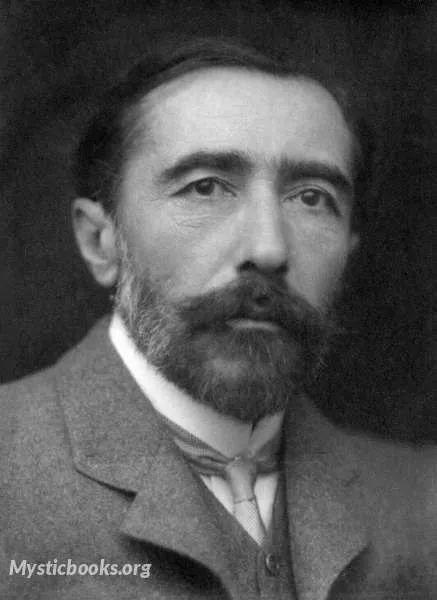
Timeline
Title
Country/Nationality
Joseph Conrad
Joseph Conrad (born Józef Teodor Konrad Korzeniowski, was a Polish-British writer regarded as one of the greatest novelists to write in the English language. Though he did not speak English fluently until his twenties, he was a master prose stylist who brought a non-English sensibility into English literature. Conrad wrote stories and novels, many with a nautical setting, that depict trials of the human spirit in the midst of what he saw as an impassive, inscrutable universe.
Conrad is considered an early modernist, though his works contain elements of 19th-century realism. His narrative style and anti-heroic characters, as in Lord Jim, for example, have influenced numerous authors, and many films have been adapted from, or inspired by, his works. Numerous writers and critics have commented that Conrad's fictional works, written largely in the first two decades of the 20th century, seem to have anticipated later world events.
Writing near the peak of the British Empire, Conrad drew, among other things, on his native Poland's national experiences and on his own experiences in the French and British merchant navies, to create short stories and novels that reflect aspects of a European-dominated world—including imperialism and colonialism—and that profoundly explore the human psyche.
Conrad was born on 3 December 1857 in Berdychiv , Ukraine, then part of the Russian Empire; the region had once been part of the Crown of the Kingdom of Poland. He was the only child of Apollo Korzeniowski—a writer, translator, political activist, and would-be revolutionary—and his wife Ewa Bobrowska. He was christened Józef Teodor Konrad Korzeniowski after his maternal grandfather Józef, his paternal grandfather Teodor, and the heroes (both named "Konrad") of two poems by Adam Mickiewicz, Dziady and Konrad Wallenrod, and was known to his family as "Konrad", rather than "Józef".
In Marseilles Conrad had an intensive social life, often stretching his budget. A trace of these years can be found in the northern Corsica town of Luri, where there is a plaque to a Corsican merchant seaman, Dominique Cervoni, whom Conrad befriended. Cervoni became the inspiration for some of Conrad's characters, such as the title character of the 1904 novel Nostromo. Conrad visited Corsica with his wife in 1921, partly in search of connections with his long-dead friend and fellow merchant seaman.
In the autumn of 1889 Conrad had begun writing his first novel, Almayer's Folly.
The son of a writer, praised by his [maternal] uncle [Tadeusz Bobrowski] for the beautiful style of his letters, the man who from the very first page showed a serious, professional approach to his work, presented his start on Almayer's Folly as a casual and non-binding incident... Yet he must have felt a pronounced need to write. Every page right from th[e] first one testifies that writing was not something he took up for amusement or to pass time. Just the contrary: it was a serious undertaking, supported by careful, diligent reading of the masters and aimed at shaping his own attitude to art and to reality.... We do not know the sources of his artistic impulses and creative gifts.
Conrad was a reserved man, wary of showing emotion. He scorned sentimentality; his manner of portraying emotion in his books was full of restraint, scepticism and irony. In the words of his uncle Bobrowski, as a young man Conrad was "extremely sensitive, conceited, reserved, and in addition excitable. In short [...] all the defects of the Nałęcz family."
Attempted suicide
In March 1878, at the end of his Marseilles period, 20-year-old Conrad attempted suicide, by shooting himself in the chest with a revolver. According to his uncle, who was summoned by a friend, Conrad had fallen into debt. Bobrowski described his subsequent "study" of his nephew in an extensive letter to Stefan Buszczyński, his own ideological opponent and a friend of Conrad's late father Apollo.[note 18] To what extent the suicide attempt had been made in earnest likely will never be known, but it is suggestive of a situational depression.
On 3 August 1924, Conrad died at his house, Oswalds, in Bishopsbourne, Kent, England, probably of a heart attack. He was interred at Canterbury Cemetery, Canterbury, under a misspelled version of his original Polish name, as "Joseph Teador Conrad Korzeniowski". Inscribed on his gravestone are the lines from Edmund Spenser's The Faerie Queene which he had chosen as the epigraph to his last complete novel, The Rover:
Sleep after toyle, port after stormie seas,
Ease after warre, death after life, doth greatly please
Conrad's modest funeral took place amid great crowds. His old friend Edward Garnett recalled bitterly:
To those who attended Conrad's funeral in Canterbury during the Cricket Festival of 1924, and drove through the crowded streets festooned with flags, there was something symbolical in England's hospitality and in the crowd's ignorance of even the existence of this great writer. A few old friends, acquaintances and pressmen stood by his grave.
Another old friend of Conrad's, Cunninghame Graham, wrote Garnett:
"Aubry was saying to me... that had Anatole France died, all Paris would have been at his funeral."
Conrad's wife Jessie died twelve years later, on 6 December 1936, and was interred with him.
In 1996 his grave was designated a Grade II listed structure.
Books by Joseph Conrad
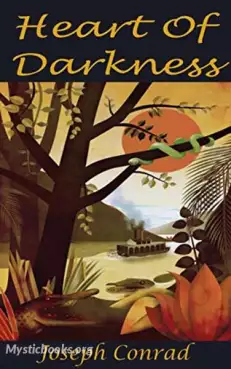
Heart of Darkness
First published in Blackwood’s magazine as a three part serial in 1899 and published in 1902, Heart of Darkness centers on the experiences of protagonist Charles Marlow as he is assigned the duty to transport ivory down the Congo River. Conrad clever...
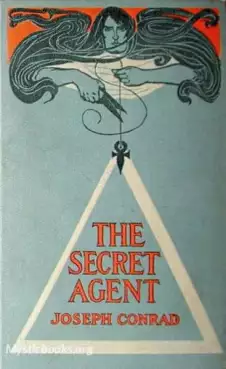
The Secret Agent
The Secret Agent: A Simple Tale is a novel by Joseph Conrad, first published in 1907. The story is set in London in 1886 and deals with Mr Adolf Verloc and his work as a spy for an unnamed country (presumably Russia). The Secret Agent is one of Conra...
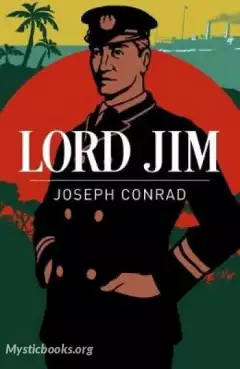
Lord Jim
Lord Jim is a novel by Joseph Conrad originally published as a serial in Blackwood's Magazine from October 1899 to November 1900. An early and primary event in the story is the abandonment of a passenger ship in distress by its crew, including a youn...
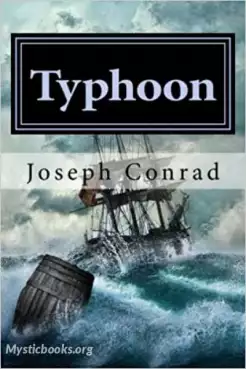
Typhoon
Typhoon is a short novel by Joseph Conrad, begun in 1899 and serialized in Pall Mall Magazine in January–March 1902. Its first book publication was in New York by Putnam in 1902; it was also published in Britain in Typhoon and Other Stories by Heinem...
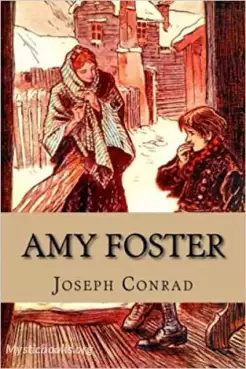
Amy Foster
"Amy Foster" is a short story by Joseph Conrad written in 1901, first published in the Illustrated London News (December 1901), and collected in Typhoon and Other Stories (1903).
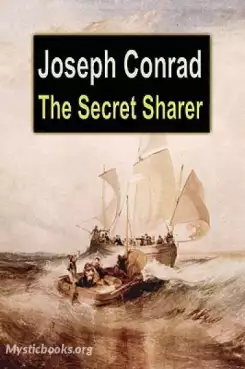
The Secret Sharer
"The Secret Sharer" is a short story by Polish-British author Joseph Conrad, originally written in 1909 and first published in two parts in the August and September 1910 editions of Harper's Magazine. It was later included in the short story collecti...
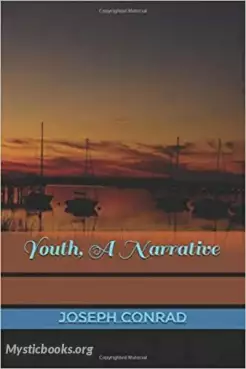
Youth, a Narrative
"Youth" is an 1898 autobiographical short story by Joseph Conrad published in Blackwood's Magazine, and then included as the first story in Conrad's 1902 volume Youth, a Narrative, and Two Other Stories. This volume also includes Heart of Darkness an...

Nostromo
Nostromo: A Tale of the Seaboard is a 1904 novel by Joseph Conrad, set in the fictitious South American republic of "Costaguana". It was originally published serially in monthly instalments of T.P.'s Weekly. In 1998, the Modern Library ranked Nostro...
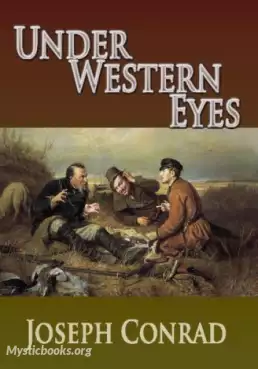
Under Western Eyes
The narrator, an English teacher of languages living in Geneva, is narrating the personal record of Kyrilo Sidorovitch Razumov. Razumov is a student in the University of St. Petersburg in the early 1910s. Razumov never knew his parents and has no fam...
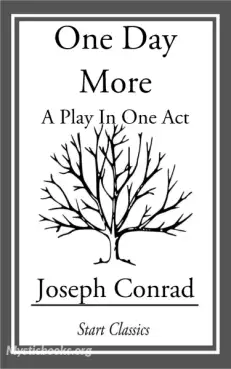
One Day More
A one-act play. Eccentric (crazy?) Captain Hagberd has been waiting for years for his son to come home from the sea. He has scrimped and saved, outfitting a house for Harry to inherit upon his return, which will be in only "one day more." He has also...
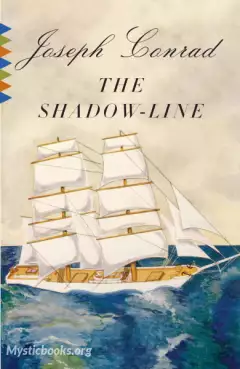
The Shadow-Line
The Shadow-Line is another one of Conrad’s stories that deals with a hero who is faced by a problem that comes from an unexpected source, and for which he is unprepared. On this occasion, the menace comes not from a storm or an accident or a mutinous...

Chance
Chance is a novel by Joseph Conrad, following serial publication the previous year. Although the novel was not one upon which Conrad's later critical reputation was to depend, it was his greatest commercial success upon initial publication.
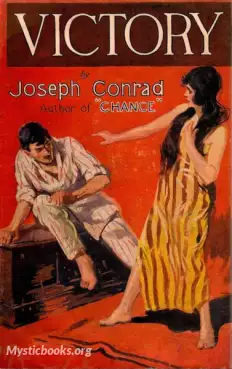
Victory: An Island Tale
Victory (also published as Victory: An Island Tale) is a psychological novel by Joseph Conrad first published in 1915, through which Conrad achieved "popular success." The New York Times, however, called it "an uneven book" and "more open to criticis...
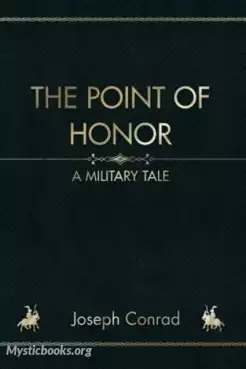
The Point of Honor
Set during the Napoleonic Wars, this story features two French Hussar officers, D'Hubert and Feraud. Their quarrel over an initially minor incident turns into a bitter, long-drawn out struggle over the following fifteen years, interwoven with the lar...

The Inheritors
The Inheritors: An Extravagant Story is a quasi-science fiction novel on which Ford Madox Ford and Joseph Conrad collaborated. Written before the first World War, its themes of corruption and the effect of the 20th century on British aristocracy were...

Almayer's Folly
Almayer's Folly is Joseph Conrad's first novel, published in 1895 by T. Fisher Unwin. Set in the late 19th century, it centres on the life of the Dutch trader Kaspar Almayer in the Borneo jungle and his relationship to his mixed heritage daughter Nin...
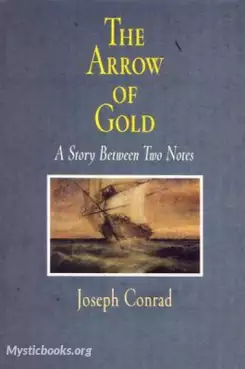
The Arrow of Gold: A Story Between Two Notes
The Arrow of Gold is a novel by Joseph Conrad, published in 1919. It was originally titled "The Laugh" and published serially in Lloyd's Magazine from December 1918 to February 1920. The story is set in Marseille in the 1870s during the Third Carlist...

The End Of The Tether
At an age when he should, by rights, be embarking on a well-deserved and comfortable retirement, Captain Whalley, a sailor of the old school — and even, in a small way, a pioneer of the eastern maritime trade — finds himself forced by circumstance an...
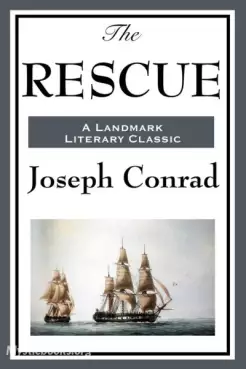
The Rescue
The Rescue, A Romance of the Shallows (1920) is one of Joseph Conrad's works contained in what is now sometimes called the Lingard Trilogy, a group of novels based on Conrad's experience as mate on the steamer Vidar. Although it was the last of the t...

A Personal Record
A Personal Record is an autobiographical work (or "fragment of biography") by Joseph Conrad, published in 1912. It has also been published under the titles A Personal Record: Some Reminiscences and Some Reminiscences. Notoriously unreliable and dig...
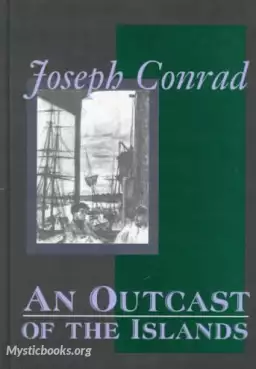
An Outcast Of The Islands
It follows the story of Willems, a European trader who finds himself in the middle of a dangerous and complex situation in a remote island community. First published in 1896, "An Outcast of the Islands" is widely regarded as one of Joseph Conrad's e...
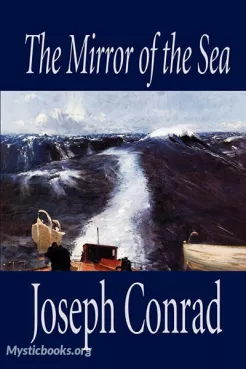
The Mirror of the Sea
It is a classic book that explores the author's personal experiences as a sailor and his reflections on the sea. Originally published in 1906, the book is a collection of essays that delves into the beauty and mystery of the ocean. Conrad draws upon...
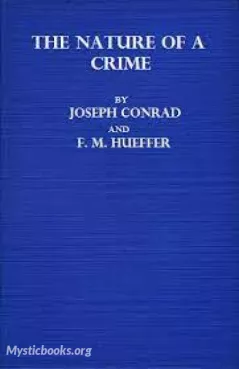
The Nature of a Crime
It is a thrilling mystery collaborative novel. This book follows the story of a journalist who becomes entangled in a web of deceit and danger after a chance encounter with a mysterious woman. First published in 1909, "The Nature of a Crime" has sto...
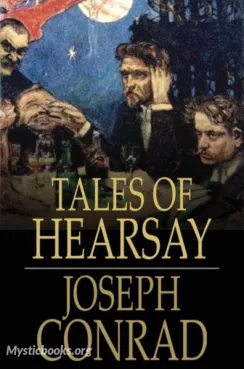
Tales of Hearsay
It is a captivating collection of short stories that will transport young readers into a world of imagination and discovery. Written by the renowned author Joseph Conrad, this book is a literary gem that introduces young minds to the power of storyte...
Showing 1 to 24 of 37 results